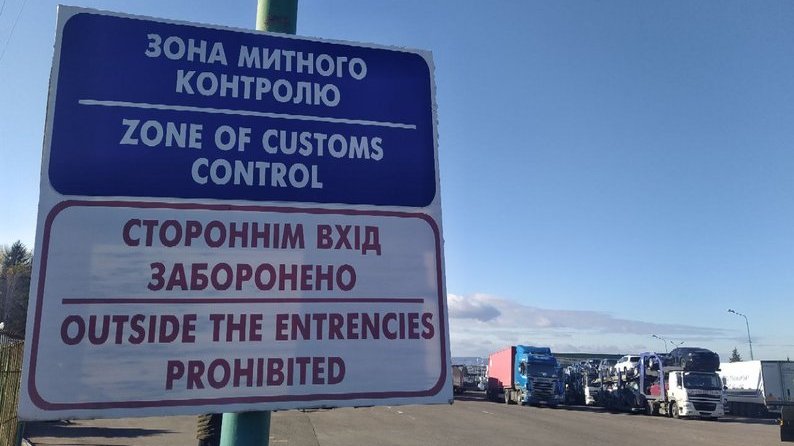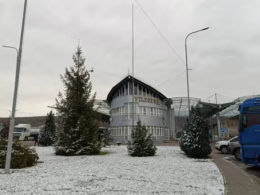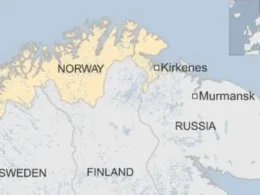Andriy Demchenko, the spokesman of the State Border Service of Ukraine, announced this on the TV air, saying that checkpoints "Rava-Ruska - Hrebenne," "Krakivets - Korchova," and "Shehyni - Medyka" remain blocked.
"In these three directions, about 2,150 freight vehicles are in queues towards Ukraine. The largest is at Shehyni - Medyka. There is traffic, but it is not as intense as it was before November 6 or 23, when Shehyni was blocked," Demchenko said.
The Polish truck drivers launched the strike over concerns about increased competition from Ukrainian haulers after the liberalization of cross-border shipping rules between Ukraine and the EU. The striking drivers demand that permits for Ukrainian trucks making commercial transports into Poland be revoked and licenses introduced instead. This would require a decision of the European Commission contrary to Ukraine's EU integration.
The blockade has caused enormous queues at border points, with wait times stretching days, even weeks. Drivers face frigid temperatures with limited access to facilities while waiting to cross. The dire conditions have already claimed three lives and continue prompting urgent calls for Polish authorities to intervene. The third driver died on 16 December after being taken by ambulance from the Krakivets-Korczowa checkpoint.
As was reported, the organizers of the Polish trucker strike at the Ukrainian border have close business and political ties to Russia. They supported Russia’s occupation of Crimea, and some voted against condemning Russian war crimes. In particular, their companies, including the Rafał Mekler Transport belonging to the organizer of the protests Rafał Mekler, used to trade with Russia actively before the full-scale invasion. Some are also members and leaders of the Confederation party — the only pro-Russian Polish political party that opposes military aid to Ukraine.
Polish authorities claimed the protesters don't interfere in the delivery of military aid to Ukraine. However, this applies only to official governmental transfers. All military products delivered to Ukraine by volunteer organizations are forced to stay in the general queue, affecting Ukraine's ability to defend itself.
According to the estimates of the Federation of Employers of Ukraine, the Ukrainian economy has already lost at least €400 million. Polish entrepreneurs also suffer from the blockade since Polish exports can’t be moved to Ukraine properly. The blocked checkpoints are currently passing only 10% of their pre-blockade volume of trucks.
On 11 December 2023, the Dorohusk-Yahodyn crossing on the Polish-Ukrainian border, one of the four checkpoints blocked by Polish truckers, resumed operations. This became the first step towards the resolution of the blockade.
Read more:
- Third Ukrainian trucker dies due to Polish blockade of Ukraine’s border
- One Poland-Ukraine border crossing resumes operations following blockade resolution
- Polish border blockade traps Ukraine’s critical military supplies, including drone components
- Ukraine to transport trucks stuck at Polish border by train
- Baltic ambassadors call on Poland to resolve Ukraine border blockade
- Ukraine military aid stranded by Polish border blockade
- Ukraineʼs economy lost €400 mn due to the Polish border blockade. Some military cargo also blocked, including 1000s of tourniquets





